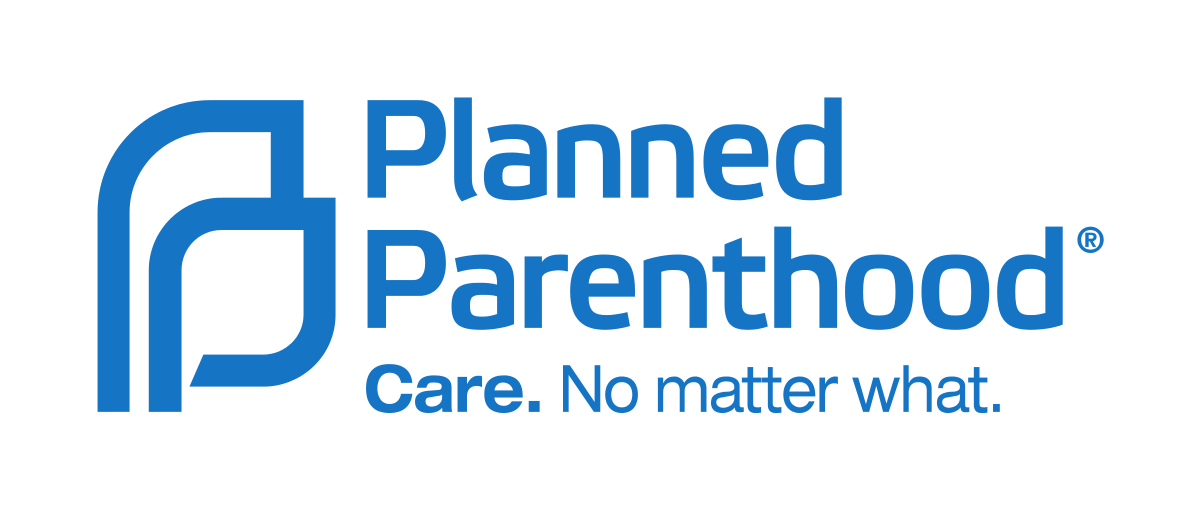Now that the election results are in, Americans can plan for another four years with President Obama. An important part of that is the continuation of the Affordable Care Act (ACA), which will press on full steam ahead. This will bring important changes to American healthcare, so read on to find out about what all the buzz is about and how it may affect you!
What has already been implemented?
The first stages of the ACA went into effect in 2010, mostly to establish data collection agencies and bureaucratic infrastructure. The main developments to impact the lives of underinsured Americans include:
- Federal risk pools, or Preexisting Condition Insurance Plans (PCIPs), which provide an avenue for people with preexisting conditions who have been refused coverage by other insurance companies to purchase coverage through the federal government until legislation forbidding these practices goes into effect in 2014 (18,000 people have been enrolled in PCIPs to date);
- The extension of parental insurance to cover their children up to the age of 26 (3.1 million young adults are impacted to date);
- The expansion of Medicare prescription drug coverage.
The ultimate goal of the ACA is to provide every American with health insurance at an affordable price, and there still remain several gaps to coverage. Coming up in the next few years will be a wave of new legislation concerning financing and taxes as well as changes to Medicare, Medicaid, CHIP, and of course, health insurance. The most salient changes on the horizon are outlined below.
What is about to be implemented?
2013
Health Exchanges Run by State or the Federal Government: By January 1, 2014, people in all states will have access to organized, online information systems that compare certified health insurance providers and plans available in their areas. This creates a more competitive marketplace for buying health insurance. The states have the option of either running their own health exchange or having one put in place by the federal government. In many Republican states, a form of protest currently is to ignore the legislation and put the onus on the federal government. In order to have a state-run exchange, states will have to have submitted a blueprint by November 16, 2012, just a few days ago!
CO-OP Health Insurance Plans: Consumer Operated and Oriented Plans (CO-OPs) will be created by January 1, 2013 to “foster the creation of non-profit, member-run health insurance companies” (Kaiser Family Foundation). These will provide a competitive nonprofit health insurance option in each state.
Increased Federal Funding for Medicaid: Federal funding for preventative and primary care will increase. There will also be a program to compensate hospitals that face a disproportionate amount of uninsured consumers.
2014
Individual Mandate for Health Insurance: By January 1, 2014, every citizen will be required to have health insurance, and after this point, fines will be imposed upon those who remain uninsured. The tax penalty will phase in, reaching full price in 2016. See the sources listed for details and exceptions.
Guaranteed Insurance: The days of being unable to get health insurance will be over. Insurance companies will only be able to make pricing decisions based on age, geographic information, family composition, and tobacco use. This (highly!) foreshortened list of factors will eliminate discrimination against persons with preexisting conditions and disallow insurance companies from denying coverage to anyone.
Health Exchanges Implemented: The health exchanges will become available for use on January 1, 2014. Tax credits and premium subsidies will be available for eligible person to help pay for health insurance purchased through the exchanges.
Medicaid Expansion: All individuals under 65 not covered by Medicare and earning within 133% of the Federal Poverty Line will be covered by Medicaid.
These are exciting developments to look forward to in the near future, and I for one cannot wait to see how they play out and how well the process will go. For a complete and easily navigable list of ACA legislation to go into effect year-by-year, visit Kaiser’s Health Reform Implementation Timeline.
Citations
- CO-OPs from the National Business Coalition on Health <http://www.nbch.org/CO-OPs>
- Implementation Timeline from Kaiser Health Reform by the Henry J. Kaiser Family Foundation <http://healthreform.kff.org/timeline.aspx>
- State-Level Estimates of Gains in Insurance Coverage Among Young Adults from HealthCare.gov by the US Department of Health and Human Services <http://www.healthcare.gov/news/factsheets/2012/06/young-adults06192012a.html>
- What is a health insurance exchange? from Kaiser Health Reform by the Henry J. Kaiser Family Foundation <http://healthreform.kff.org/faq/what-is-a-health-insurance-exchange.aspx>
Article by Suna Wilkerson
Feature Image Source: Physician’s Weekly
























